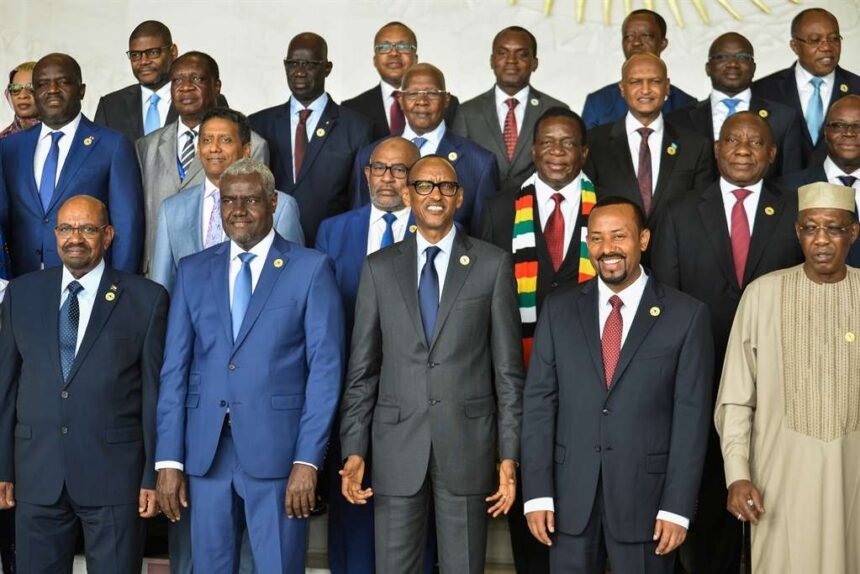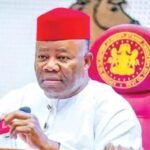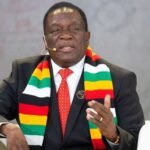Africa is grappling with deep-seated issues rooted in centuries of segregation, colonialism, and external manipulation. The long-lasting effects of these historical injustices continue to shape the way many perceive life on the continent. For decades, Africans have been fed false narratives by mainstream media, distorting their self-image and fostering a cycle of self-doubt and division.
The global landscape is increasingly defined by economic dominance, yet Africa continues to struggle under the weight of imposed leadership and foreign aid dependency. Under the guise of assistance, Africa was given false hope, while the true agenda was to weaken its institutions, making the continent perpetually reliant on external benefactors. In return, Africa’s vast natural resources were bartered away in exchange for aid, often without the knowledge or consent of its people.
The deliberate erosion of functional governance across Africa did not happen by chance. Instead, it was carefully orchestrated to align with broader geopolitical objectives, many of which are now reaching a critical stage. Large international organisations, once portrayed as humanitarian entities, have increasingly been exposed as tools of economic warfare, designed to keep Africa subjugated under the weight of debt and dependency.
Western media, operating globally and within Africa, has played a pivotal role in shaping this negative narrative. Funded by powerful external interests, these media outlets have consistently demonised Africa, reinforcing stereotypes that paint the continent as irredeemably poor, unstable, and incapable of self-sufficiency. The relentless portrayal of Africa in crisis serves a clear purpose: to justify continued intervention, exploitation, and control.
There is no denying that poverty exists across Africa, but the constant portrayal of the continent as hopelessly destitute serves a strategic function. Foreign aid, rather than being a tool for genuine development, has often been leveraged to reinforce the perception of Africa’s helplessness. When aid is temporarily withheld, it triggers desperation among corrupt leaders, who are then summoned to negotiate under the cover of darkness, trading away national resources in exchange for economic relief. These leaders, often handpicked and groomed by external forces, serve as mere puppets, prioritising foreign interests over those of their own people.
Beyond economic and political exploitation, Africa is also subjected to a more insidious form of control digital colonisation. Social media algorithms dictate the kind of content consumed by African audiences, prioritising entertainment devoid of intellectual or developmental value. The rampant spread of pornography, trivial comedy, and mindless distractions ensures that millions remain engrossed in unproductive scrolling what is now commonly referred to as “zombie scrolling” or “doomscrolling.”
This phenomenon erodes critical thinking, diminishes social skills, and prevents the formation of meaningful human connections. In an era where digital influence is paramount, Africa must recognise the dangers of content manipulation and strive to create platforms that nurture education, innovation, and economic growth.
Despite these challenges, not all hope is lost. Africa possesses the potential to rise beyond aid dependency and reclaim its rightful place as a thriving, self-sustaining continent. With a vast and growing population of educated individuals both at home and in the diaspora, now is the time to shift mindsets, embrace self-reliance, and foster continental unity.
The path forward must include the establishment of independent African media houses platforms dedicated to reshaping the continent’s narrative, celebrating its achievements, and countering decades of misinformation. Economic empowerment, innovation, and strategic leadership will be key to reversing the damage inflicted by centuries of exploitation.
Africa must no longer be seen through the lens of its struggles but through the boundless potential it holds. The journey towards true sovereignty begins with ownership of its land, its resources, its media, and most importantly, its destiny.










